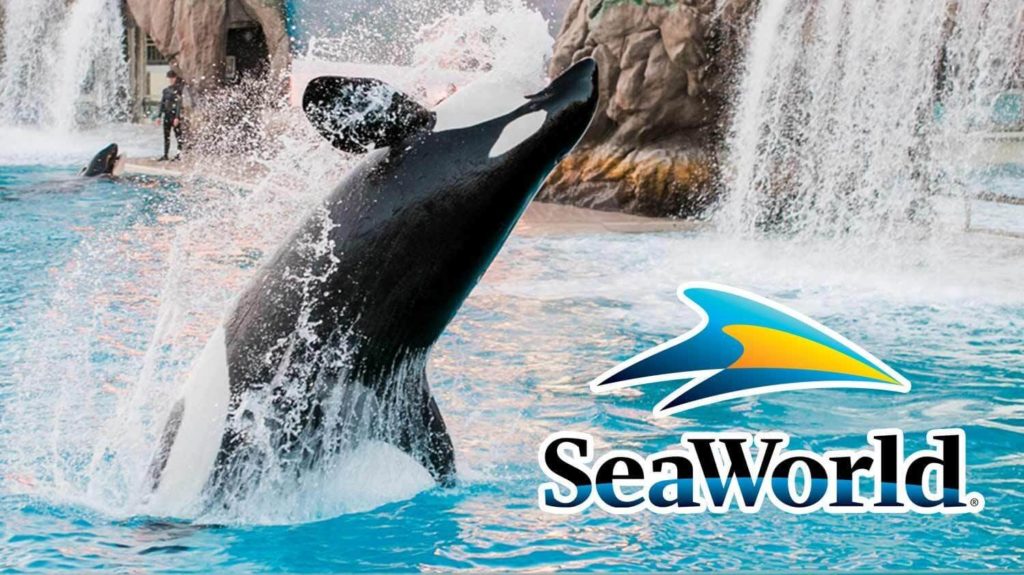SeaWorld predicts a second-quarter revenue of $18 million, down almost 95 percent from $406 million last year.
According to MarketWatch, the company expects Q2 attendance to be 300,000—down 6.2 million from 2019.
In March, SeaWorld closed all of its parks due to the COVID-19 pandemic. Aquatica and SeaWorld parks in Texas and Florida reopened in June with limited capacity and a reduced roster of events.
Florida has since become a coronavirus epicenter in the U.S. According to a Reuters analysis, the state set a one-day record in early July when it reported over 150,000 new cases. A higher number than many countries. That rise was reported one day after Orlando’s Walt Disney World reopened.
SeaWorld said that reopened parks experienced an increase in attendance of 14 percent between the last week of June and the last of July. The company predicts a climb of 10 percent in in-park per-capita spending during the second quarter.
While SeaWorld stock rose by 2 percent during Wednesday premarket trading, it has slumped over 50 percent for 2020 overall.

Opposition to SeaWorld
In addition to the impact of the coronavirus, public opinion on captive cetaceans is changing rapidly. SeaWorld has faced criticism from activists, celebrities, and the general public about animal cruelty, particularly following the release of 2013’s expose documentary “Blackfish.”
Since the film’s release, SeaWorld has ceased its orca breeding program. The company now primarily brands shows as educational and no longer allows dolphin surfing at marine parks. It also prohibits trainers from standing on animal’s noses as part of performances.
Danny Groves—Communications Manager for Whale and Dolphin Conservation (WDC)—told LIVEKINDLY that captivity affects whales and dolphins in many ways.
“Kidnapped, imprisoned and forced to perform, a tank is a featureless prison cell,” he continued. “We can only imagine what it must be like to be trapped in a small tank when, in the wild, they are used to travelling around 100 miles a day.”
WDC is a leading charity dedicated to the protection of whales and dolphins. It wants to see an end to whales and dolphins being kept in small tanks for entertainment.
Groves told LIVEKINDLY that in the US more than half those polled in a 2014 survey opposed keeping orcas in captivity. Eighty-six percent of Brits wouldn’t visit a captive facility holding whales and dolphins while on holiday.
“As the public become increasingly aware of the scientific facts surrounding a life in captivity they appreciate that sentient, socially complex, highly mobile whales and dolphins simply don’t do well when confined to a concrete tank just for our entertainment,” added Groves.
In March, California Senator Cathleen Galgiani introduced a bill to ban the captivity of whales and dolphins statewide. While companies including Snickers, Virgin Holidays, and airlines including British Airways, Air Canada, WestJet, and Jet Blue have cut ties with SeaWorld.


